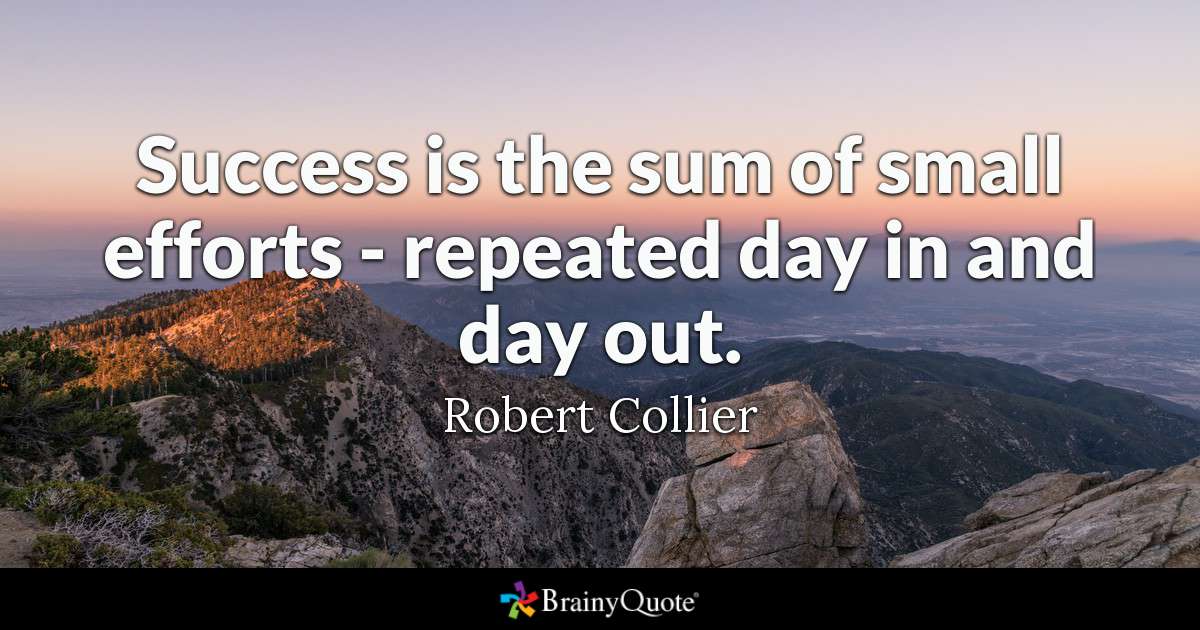I'm a rehabilitated people pleaser. In other words, I used to be addicted to external approval and being liked, which I tied closely to my self-worth.

(Click to enlarge.)
Credit: BrainyQuote.
I know what I can do and who I can be. In fact, I've tattooed a reminder on my forearm as a daily reminder that successful evolution into this person isn't immediate, but is the sum of small consistent efforts. When I'm unable to accomplish the task that's to be the result of these efforts, I can be very hard on myself. These failures have become more frequent recently so I've had to pause and do some serious introspection.
Origination of the Issue
Hypothesizing how I ended up this way
My tendency to people-please, particularly in professional settings, came from a place of fear, compounded by high sensitivity to my environments, strongly empathic nature, and being one of very few in otherwise homogeneous environments. I was scared to inconvenience, offend, or otherwise "rock the boat" thereby generate negative criticism / judgement. I'd take the comments as direct attacks on my personhood, resulting in debilitating shame and guilt. So I'd regularly take on too much then end up disappointing the same people I wanted to please, kicking off a negative psychological loop and self-sabotage.
Fixing the Issue
A two-step process
The first step forward is to redefine the person I want to be. I don't want to be a people pleaser, but a person that's courageous enough to ask for what she needs and enforce her boundaries. She speaks her truth in a way that other people can hear, not rude but authentic to who she is. And when she has to choose between being liked and being effective, she chooses the latter.
Second, I need a process for picking myself up after inevitable future disappointments. A few Googles brought me to Shine, a community focused on mental health and upliftment. Their revelatory articles have been able to articulate some long-held but nebulous emotions.
The process of picking up oneself after disappointment is called practicing self-compassion. Kara Cutruzzula outlines the process, reproduced below in a version that's been personalized to my case.
[Step 1] Accept what happened.
Accept what went wrong and my responsibility in it.
For me, acceptance is articulating the cause and effect, e.g., "I'm disappointed because I didn't meet the goal I set for myself". Acceptance is also giving myself several hours to feel however I'm feeling, then accepting the failure and moving on without any further (negative) rumination (e.g., about inferiority 😩).
There's a cartoon that depicts a beautiful horticultural analogy to acceptance and general psychological maintenance.
[Step 2] Treat yourself like a friend.
If a close friend shared the same circumstance, how would you talk to them? Talk to yourself in the same way.
I tell myself "I'm worthy as I am, and this mistake does not characterize or define me". Even if I don't believe this in the moment, I 'fake it till I make it' and over time hope to become more resilient.
[Step 3] Recognize oversized expectations.

(Click to enlarge.)
Credit: @therichquotes on Instagram
Having high expectations isn't a bad thing, but think about whether the unmet expectations were aligned with your ability to meet them.
I'm a perfectionist. Historically, I've aimed for the moon as a motivational tactic, so that even when I land amongst the stars, the task has still be completed to my standards. This strategy has been successful during the independent work that dominated my decades as a student, but not so much during the collaborative work that dominates my professional life as a statistician.
My time and energy are finite and I need to be more thoughtful about how much I have left and what I commit that remainder to.
Rumi says "never give from the depths of your well, always give from your overflow". A similar saying is "you can't pour from an empty cup".
[Step 4] Distract yourself (in a healthy way).

(Click to enlarge.)
Shift your mindset to something more positive, by doing something that stimulates the mind.
It's common to use food (in my case, sugar) as a distraction. It helps lift my mood in the moment, but I end up feeling worse than I did before. I now pursue healthier alternatives that involves experiencing the world in a way that helps me contextualize my failure in the grand scheme of life. Example activities include working on something that excites me (my website), accomplishing an easy task, reading an item from my very long reading list, or going outside to enjoy some flowers.
[Step 5] Ask the right questions.
Ask questions to understand what behaviors caused the precipitating emotion.
- Did I give myself enough time?
- Did I do the necessary prep work?
- Did I set clear boundaries?
- Did I ask for help?
[Step 6] Adjust for next time.
When this situation happens again, how will you react differently?
In cases where I haven't completed an ask for someone else, in the future I'll have a better sense of how much time different activities take, and whether I have the time or energy to take on new things. If I'm not able to take on an ask, I'll empower myself by using "I don't" (rule-based) instead of "I can't" (imples an ability to do something but a choice not to).